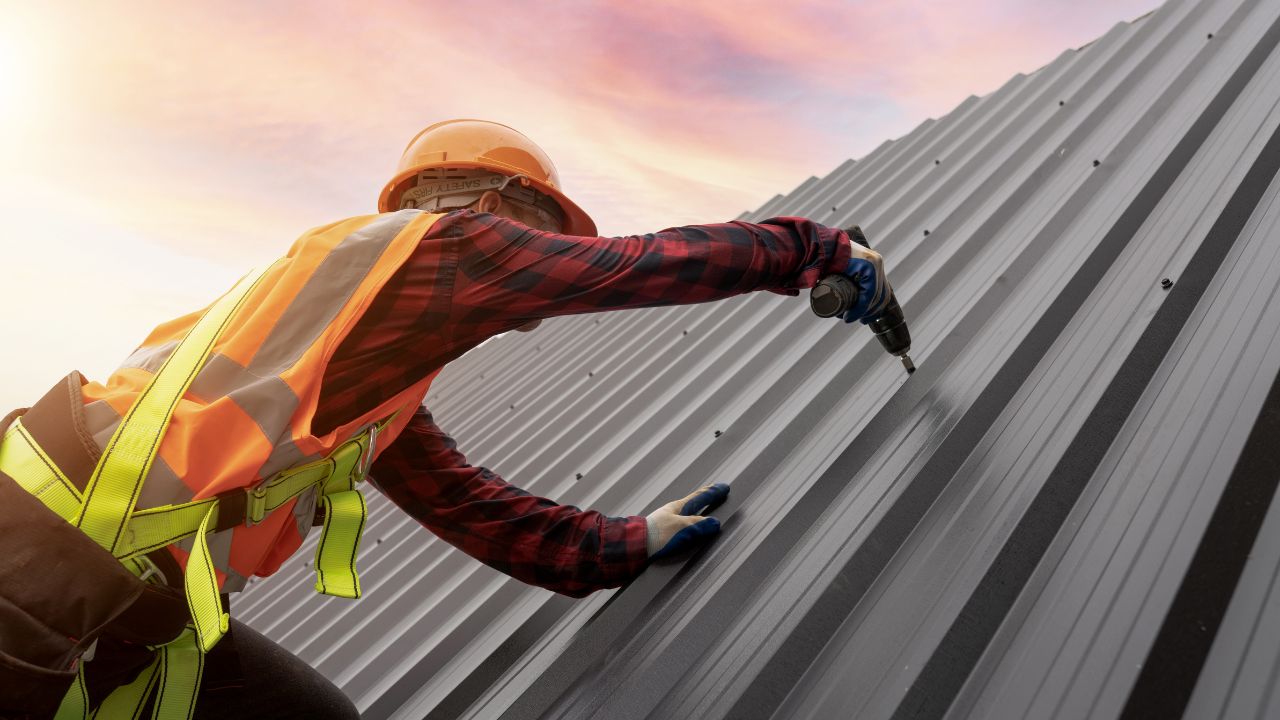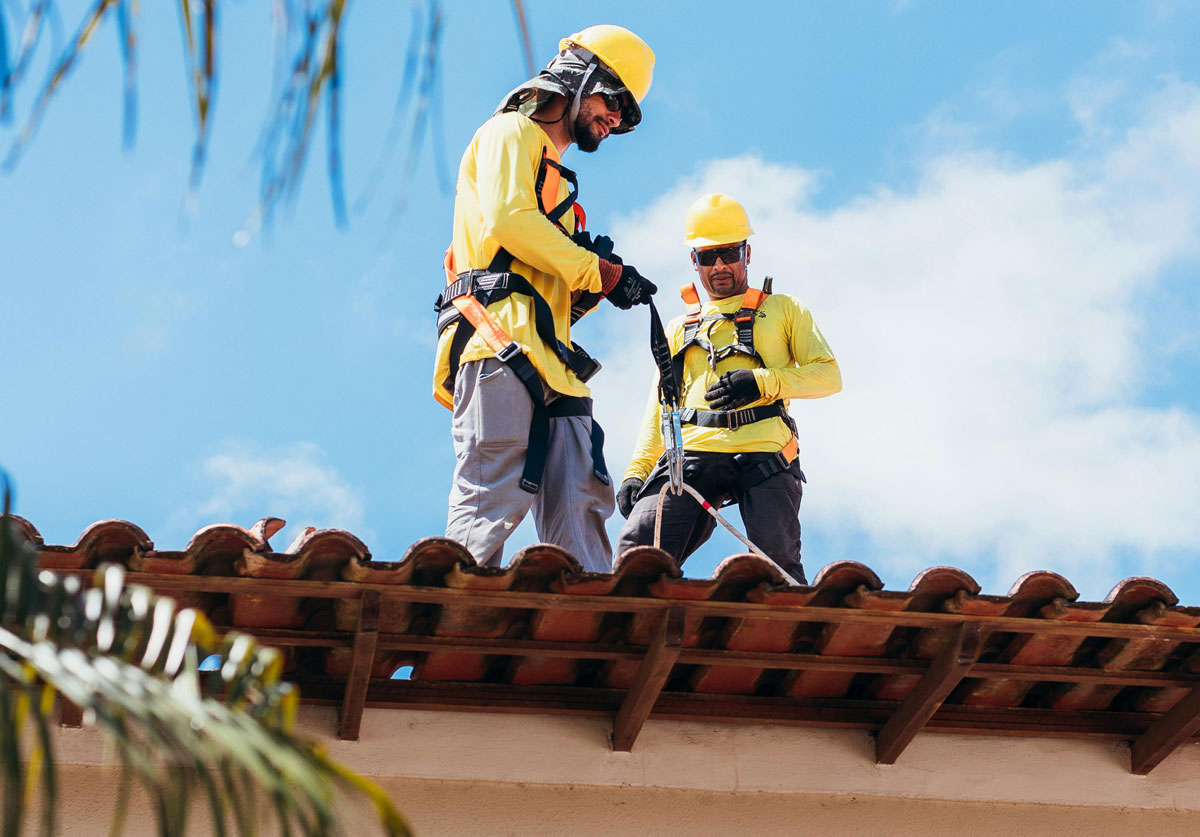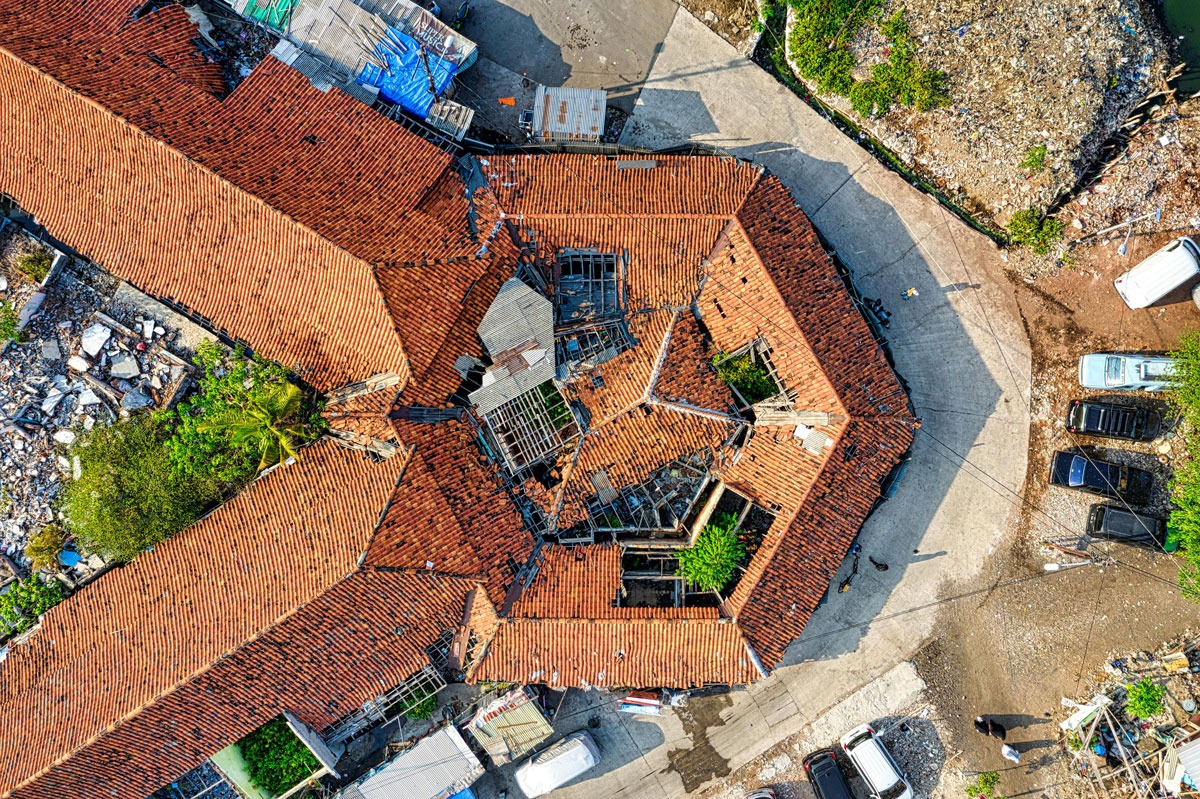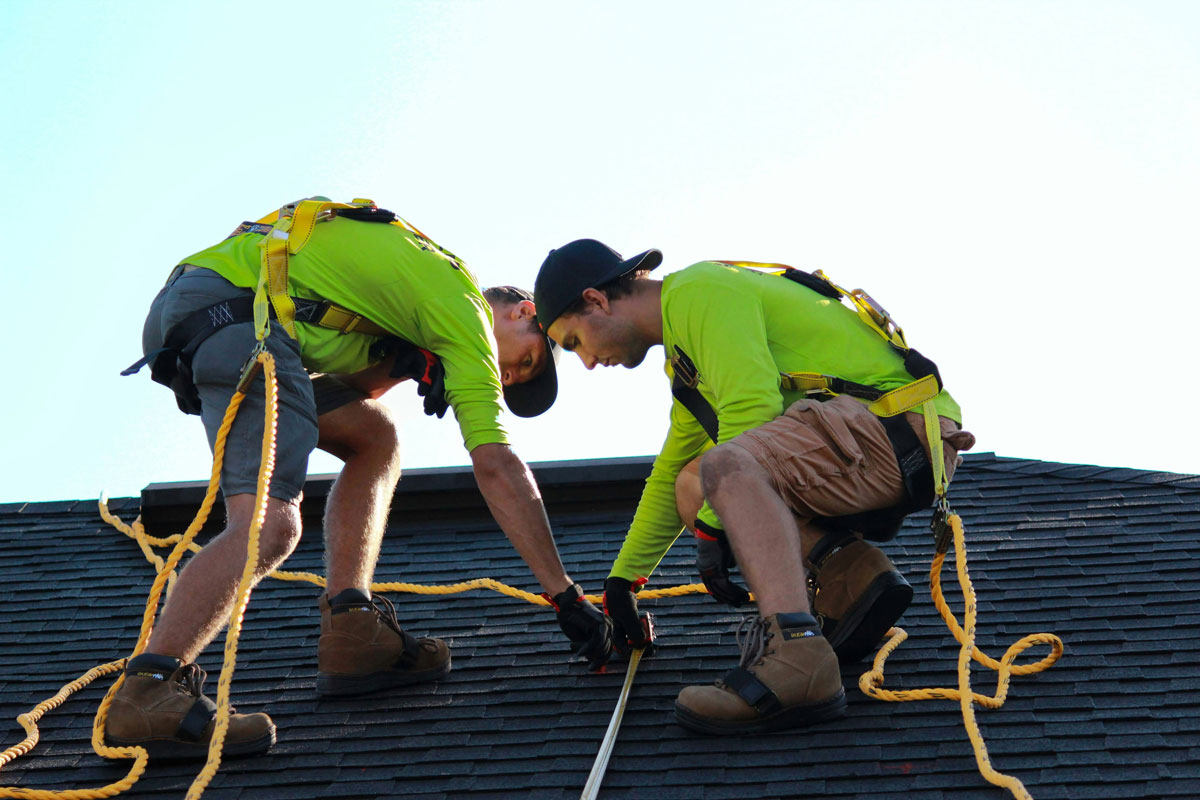Key Takeaways
- Schedule regular roof inspections with a commercial roofing contractor to catch issues early.
- Early detection and prevention is the key to protecting your commercial roof against the changing weather in Illinois.
- Getting timely repairs from roof repair services will prevent leaks and ensure your roof remains weather-resistant.
- A well-ventilated and insulated roof not only protects your structure but also saves on energy bills.
- Clogged gutters and drains are one of the main causes of water pooling on your roof.
As a business owner in Illinois, you know that the state's weather can be unpredictable. From scorching summers to freezing winters, your commercial roof takes a beating year-round. With the right approach, you can safeguard your commercial property from the elements and prevent costly repairs.
In this guide, we’ll walk you through everything you need to know about preparing your commercial roof for the changing seasons, from regular maintenance to recognizing when it’s time to call in the professionals for roof repair services or even consider a replacement.
Why Seasonal Roof Preparation is Essential
Illinois experiences all four seasons in full force, meaning your commercial roof must handle everything from summer heat to winter ice. Over time, exposure to these changing conditions can weaken your roof's structure, causing damage that can lead to leaks, mold growth, and energy inefficiency. Proper seasonal preparation helps extend the lifespan of your roof, prevents costly repairs, and ensures your building is protected all year long.
Without regular maintenance, small issues can go unnoticed and evolve into more significant problems. As a business owner, avoiding interruptions to your daily operations is key—and a leaking roof or emergency repairs could be disruptive, costly, and damaging to your bottom line.
Key Steps to Prepare Your Commercial Roof for the Seasons
1. Schedule a Roof Inspection with a Commercial Roofing Contractor
One of the best ways to prepare your roof for seasonal changes is by having a professional commercial roofing contractor inspect it before extreme weather hits. A thorough inspection will help identify any potential issues, such as damaged shingles, worn-out flashing, or clogged drains. A contractor can spot early signs of wear and tear that may not be visible to the untrained eye and recommend solutions to address them before they become major problems.
Roof repair services from a trusted contractor ensure that small problems are addressed quickly, helping you avoid more significant damage when harsh weather arrives.
2. Check and Clean Your Gutters and Drains
Your commercial roof’s drainage system plays a critical role in maintaining its integrity, especially during Illinois’ rainy fall and spring seasons. Clogged gutters and drains can cause water to pool on your roof, leading to leaks, water damage, and potential mold growth. In winter, blocked gutters can contribute to ice dam formation, causing further damage.
Make sure to clean your gutters and drains regularly, removing debris like leaves, twigs, and dirt. You may also want to install gutter guards to reduce the amount of debris that accumulates, keeping water flowing freely off your roof.
3. Inspect and Repair Flashing
Flashing is the material that seals the edges of your roof, particularly around vents, chimneys, and skylights. Damaged or deteriorating flashing can allow water to seep into your building, leading to leaks and water damage. Before the winter freeze sets in, inspect your roof’s flashing for signs of wear, such as cracks, rust, or loosened sections. If you notice any issues, contact roof repair services to make the necessary repairs.
Properly maintained flashing can significantly improve your roof’s ability to handle heavy rain, snow, and ice, preventing costly damage down the line.
4. Repair or Replace Damaged Shingles
Shingles serve as the first line of defense against the elements. If your roof has cracked, missing, or damaged shingles, it’s time to fix them before the weather worsens. Damaged shingles allow moisture to penetrate your roof’s underlayment, leading to leaks, mold growth, and even structural damage.
A professional commercial roofing contractor can assess the condition of your shingles and recommend whether roof repair services will suffice or if you need a full replacement. If your roof is approaching the end of its lifespan, it might be more cost-effective to explore roof replacement companies and invest in a new roof that can handle Illinois’ weather extremes.
5. Ensure Proper Insulation and Ventilation
Good insulation and ventilation are critical to your commercial roof’s performance, particularly as temperatures fluctuate throughout the year. In the summer, proper ventilation helps keep your building cool, reducing the strain on your HVAC system and saving on energy costs. During the winter, good insulation prevents heat from escaping through the roof, which can lead to ice dam formation and increased heating bills.
Inspect your attic or roof space to ensure that your insulation and ventilation are working as they should. If you’re unsure or notice issues like uneven temperatures in your building, consult with a commercial roofing contractor to assess your roof’s ventilation system.
6. Address Ice Dam Prevention
In Illinois, ice dams can be a significant issue during the colder months. Ice dams form when warm air from inside your building escapes through the roof, melting the snow. The melted snow then refreezes at the roof’s edges, creating a dam that prevents additional melting snow from draining. This trapped water can leak into your building, causing extensive damage to your roof, insulation, and interior.
To prevent ice dams, make sure your roof is well-insulated and ventilated. If you experience ice dams despite taking these precautions, you may need roof repair services to address any underlying issues that are contributing to the problem.
How to Know When It’s Time for a Replacement
No roof lasts forever, and Illinois’ weather can take a toll on even the most well-maintained commercial roofs. While regular maintenance can extend the life of your roof, there will come a time when repairs are no longer enough. If your roof has extensive damage, multiple leaks, or is nearing the end of its lifespan (typically 20-30 years, depending on the material), it might be time to consider a replacement.
Working with roof repair companies ensures that you get expert advice on the best materials and systems for your specific needs. A new roof not only improves your building’s protection but also enhances its energy efficiency, saving you money in the long run.
Prepare Your Commercial Roof for Every Season with Advanced Roofing Inc.
At Advanced Roofing Inc., we understand the challenges Illinois business owners face when it comes to protecting their commercial properties from the elements. Our team of experienced commercial roofing contractors is here to help you prepare your roof for the changing seasons, offering comprehensive roof repair services and expert advice on maintenance and replacement.
Don’t wait for a small issue to turn into a costly repair—contact us today for a free inspection and get your commercial roof in top condition.







